This page is more than four years old and was last updated in April 2022.
It's not the
first time we've discussed the rules and ethics of ghost hunting during a pandemic, but now the UK has gone into a third national lockdown has anything changed?
In this article we explore the question of whether paranormal teams should be embarking on ghost hunts during a pandemic at a time when hospitals are already close to breaking point as infection numbers continue to climb.
There are some grey areas and we're not an authority on this, but we haven't set out to name and shame those who have been labelled rule breakers or to judge those who form a different opinion to us.
Having said that, we have thoroughly read all of the government's guidelines which could be considered relevant to ghost hunting, we've also consulted events professionals working within the paranormal field, and examined the documentation issued to essential workers which proves that they are exempt from travel restrictions and able to work outside of a home and a fixed workplace in the same ways that some paranormal investigators and teams do.
Remember, this advice can change at any time and that the UK government's advice mainly applies to England only, the devolved nations may impose their own rules, which could be more or less severe than English guidelines.
Solo Investigations Or Ghost Hunting As A Hobbyist
You can conduct a casual investigation while getting your daily exercise. This should be local to your home, outdoors only and either alone, in your household/support bubble, or with one other person.
If you normally embark on ghost hunts purely for the love of it, not for financial gain nor as part of your job, then you're pretty limited to what you're currently allowed to do, but there are some options.
The
government's rules state that "you must not leave, or be outside of your home except where necessary."
The possible reasons the government deem to be necessary includes shopping for basic necessities, going to work, and getting some exercise, as well as a few other exemptions. There's no reason why you can't do a bit of ghost hunting while you're out for a daily walk, but there are a few rules you should follow.
You should only head outdoors for exercise on your own, with one other person, or with your household or support bubble. You should only meet in a public outdoor spaces, not inside of haunted locations or in private gardens or homes. Exercise is not restricted to one hour as sometimes incorrectly stated, but you should only leave home to exercise once a day.
If you don't live within walking distance of a haunted location then you might be out of luck. At one point last year the government's guidelines stated that "people may drive to outdoor open spaces irrespective of distance," this is not the case during a national lockdown.
The guidelines on traveling for exercise during periods of lockdown has always been to stay local. Exactly what "local" meant wasn't defined in the first two lockdowns. This time around the government's guidelines state that you should "stay in the village, town, or part of the city where you live."
As in previous lockdowns, the police have powers to issue fines or dispersal orders if people are caught flouting the rules.
Since you can currently only investigate outdoors, you may need to find a local haunted forest or battlefield, or maybe go on the hunt of a phantom highway man. Being outside means there's no requirement to wear any kind of face covering, but you should always stay two metres apart from anyone not in your household or support bubble.
Even though it's not strictly require to wear a mask outdoors, you may want to consider wearing a face covering if you intend to film or live stream your investigation just to show your audience that you are taking the lockdown seriously.
Team Investigations
You cannot meet with fellow team members unless you are part of the same household or support bubble.
If you're part of a paranormal team that conducts private investigations that would not be considered to be your job, then things are even easier to understand.
During a lockdown you cannot meet with friends or team members socially, or investigate in a team at all in any setting.
The only exception to this is where a team is made up of members of your household or support bubble only. In this case it falls under the same rules as those stated above in relation to hobbyist investigations.
If an individual or team embarks on investigations as a form of paid work, then see the section below which offers advice and guidance for teams conducting professional paranormal investigations.
Advertisement ‐ Content Continues Below.
Professional Paranormal Investigations
When ghost hunting constitutes work, those involved should carefully consider the risks of working outside of home, or better still find new ways of working from home instead.
The government's rules on who should leave home for work is pretty clear. The guidelines state "you may only leave your home for work if you cannot reasonably work from home."
When it comes to paranormal investigators, the question to answer ethically and morally is whether ghost hunters can reasonably work from home.
This time around there's been a lot of talk about the "spirit of lockdown," as people are being encouraged not just to follow the letter of the rules, but also follow the spirit as well and play their part. Ghost hunting during a pandemic would not be consider by most as in spirit.
A growing number of paranormal teams stream their investigations live on platforms like Facebook and YouTube, or film their investigations for publication online. These teams often gain financially from ad-supported views which means that for some this is a job and perhaps even their main source of income. Either way, arguably their job isn't ghost hunting, it is content production - something which can reasonably be done at home.
During a pandemic and national lockdown, it is perhaps more important than ever for teams to keep their online audiences entertained, but like other industries paranormal content creators should be adapting to find ways to work from home instead of taking unnecessary risks and investigating away from home.
Teams could keep their followers engaged with safer content such as watch parties of classic investigations, greatest moment compilation videos, bloopers and goofs, or host regular live discussions, Q&As or podcasts. There's also the possibility of getting even more creative and producing videos in which you review ghost hunting equipment from home, or promote, support and talk about other teams and paranormal content creators.
Teams could also conduct paranormal experiments from the safety of their own home. Many teams have access to haunted objects which they could research for the entertainment of followers over the course of several weeks or months. Many early pioneers of Electronic Voice Phenomenon carried out their work attempting to capture spirit voices in electronic recordings at home, so why not try the same? Other ideas might include holding Ouija board sessions or séances at home - traditionally neither of these activities needed to be carried out at haunted locations necessarily.
If your team carries out paid private investigations, then you might be wondering if you can carry out an investigation in a client's home. Technically this is no more risky than having a cleaner, plumber, electrician, cook or nannie in your house to work - something which is currently allowed. But arguably these services are more important than uncovering what goes bump in the night right now, so you need to consider whether it warrants the risk - especially if this isn't your primary source of income as it is likely to be for these other services.
Common sense dictates that the most sensible course of action would be to interview your client over the phone or via video chat, keep in regular communication with them to ensure they are coping with the haunting and ask them to log incidents until a time when you can safely come to them to investigate it in person.
Where this is not possible and it is deemed absolutely necessary for you to provide emergency assistance to a client to help them with what they deem to be paranormal activity, you should follow the government's guidelines on working in another person's home. You should visit the property alone, ideally at a time when the home owner is out of the house.
You must of course also maintain social distance from your client and their family. Wash your hands regularly, clean any surfaces you touch, and explain safety measures to your client before entering their home. Make sure that members of the household know they should maintain social distance from you at all times and avoid sharing items such as ghost hunting tools.
No team of mixed households should be investigating together at home, outdoors or in any other location unless the work is carried out as part of a larger video production or television show. A production budget will be required in order to ensure requirements are met to make sure the production is safe.
Production Guidelines For Paranormal Film & Television Projects
Large-scale paranormal productions such as the filming of ghost hunting television shows can take place if done safely while adhering to industry-accepted guidelines for professional broadcasters.
The trade association Pact, which represents the commercial interests of independent television, film, digital, children's and animation media companies in the UK and the Association for Commercial Broadcasters and On-Demand Services (COBA) have put together generally agreed upon
guidance for production during the coronavirus pandemic.
The advice is aimed at media productions where it is unavoidable that members of cast or crew will come into close contact with one another. The guidelines give advice on how pairs and/or small groups of people can work closely together with precautions and regular weekly testing in place, alongside other daily screening for symptoms.
The document also covers factors producers will need to think about, including completing risk assessments with COVID-19 in mind, reducing the number of people involved in the project, ensuring the production is carried out in a COVID-safe environment, introducing ways to identify if people are ill and what to do if someone displays symptoms.
The guidelines also cover off other important aspects of production including travel, equipment, work patterns, rest areas, first aid and emergency services, and of course face coverings and personal protective equipment (PPE). There's also a lengthy section on locations, which obviously has relevance to a paranormal production which is usually filmed on location.
The section on locations covers everything from the requirement for good ventilation, to ensuring there's room for social distancing including in vehicle parking areas. It also advises to put procedures in place for frequent cleaning and disinfecting of objects and surfaces that are touched regularly, plus making hand sanitiser and face coverings available to all cast and crew.
All of these precautions should be documented and recorded throughout production.
Ghost Hunting Permit For Essential Travel Exemption
Some
paranormal teams have spoken openly about having a permit which proves that they are exempt from the current essential travel restrictions, but does such a permit exist? No.
Even hauliers, NHS staff, people working on critical infrastructure such as telecoms, and other key workers don't have a "permit" as such to continue their work, but they are exempt from the travel ban that only allows essential journeys. Ghost hunters are not exempt.
Industry bodies are currently advising employers of key workers to issue their employees with a letter on company-headed paper certifying that the named individual holding the letter is deemed a key worker. Employees should carry the letter with them at all times, including when travelling to and from work.
It may also be possible to get a similar letter from your local council confirming that it is safe for you to carry out a specific piece of work. Of course the council would only issue this letter if the individual requesting it has completed the appropriate risk assessment.
This is likely to be a one-off letter or email which can be shown to police should you be stopped when travelling for work purposes. It's unlikely to give the holder of the letter on-going exemption in any situation or setting.
We spoke to one event professional in the paranormal field who has obtained such an exemption letter from a council to film in a tier three location before the current lockdown began. They told us that the claims that there is a ghost hunting permit available is "unbelievable" and "frankly ridiculous."
Final Thoughts
We all love the paranormal world and many teams and investigators have gone above and beyond to help keep others in the community entertained during the pandemic, but since the consensus on whether
ghost hunting is acceptable or not at the moment is so debated, if you do decide to embark on an investigation you should expect some criticism and negative comments.
Ghost hunting and paranormal teams attract a fair amount of press attention, there has already been criticism in the media of some paranormal teams who've been seen to be flouting covid rules.
At the end of the day it is up to individuals and teams to assess whether it is legally and morally right to resume ghost hunting based on their specific situation. However, it should be remembered that just recently the health secretary, Matt Hancock, told us "every time you try to flex the rules that could be fatal." He added that staying at home was the "most important thing we can do collectively as a society."
It's also worth bearing in mind that if you injure yourself while investigating in the dark, you could be putting extra pressure on the emergency services, which are already stretched at the moment. You could also end up in A&E, exposing you to other people and increasing the risk of spreading the virus.
Obviously we are currently in a national lockdown so we are all in the same boat, but if at some point we return to a regional tier system then don't be too quick to judge others as teams in different regions and areas maybe subject to different rules and guidelines to you.
🦠 COVID-19's Impact On The Paranormal World
See All
Learn With Higgypop
Hosted by Paralearning in association with Higgypop, these courses on ghost hunting, paranormal investigations, and occult practices draw on the experience of our team of paranormal writers.
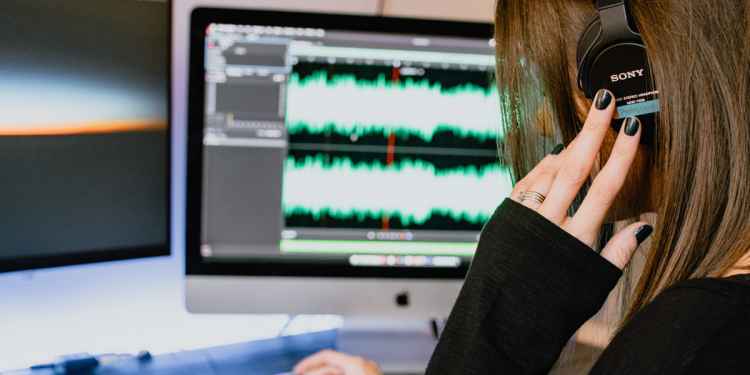
Diploma In Capturing & Analyzing Electronic Voice Phenomenon
This course gives you practical and useful knowledge of ghost hunting and paranormal research, which is invaluable when conducting your own paranormal investigations or as part of a group event.
View Course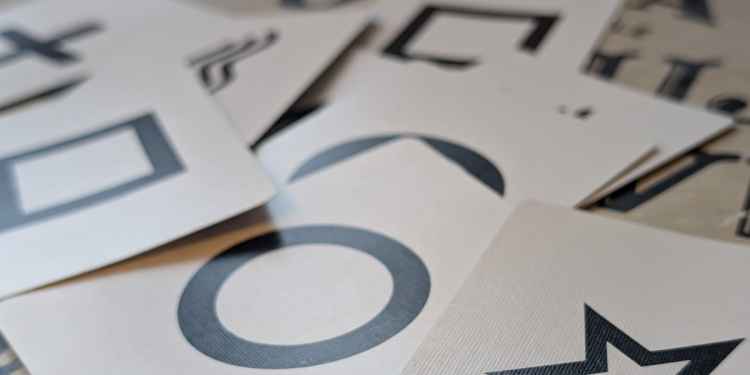
Diploma In Parapsychology & Psychic Phenomena
This course gives you practical and useful knowledge of ghost hunting and paranormal research, which is invaluable when conducting your own paranormal investigations or as part of a group event.
View Course
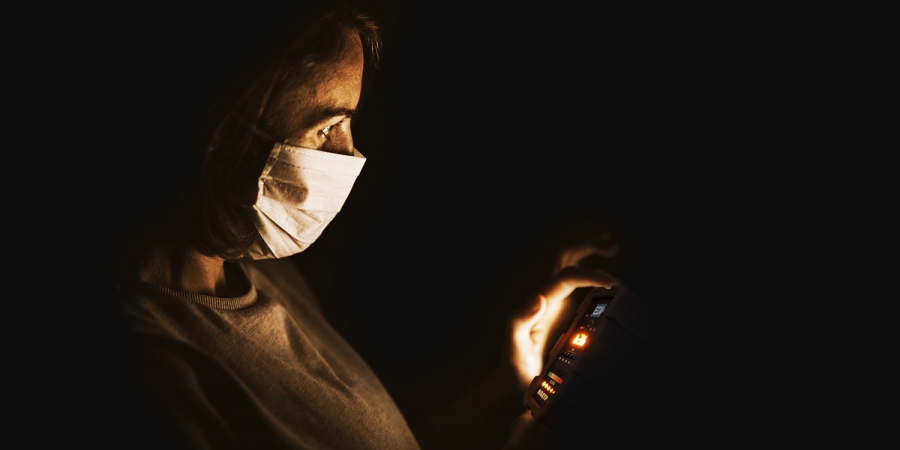

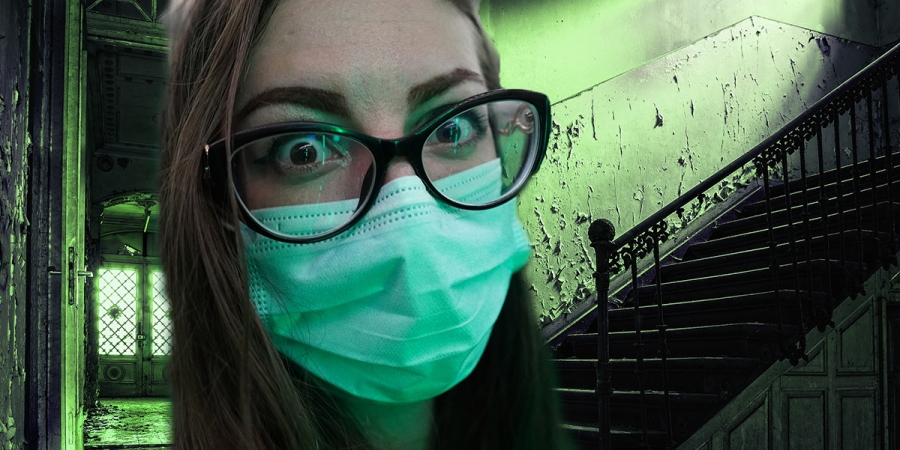
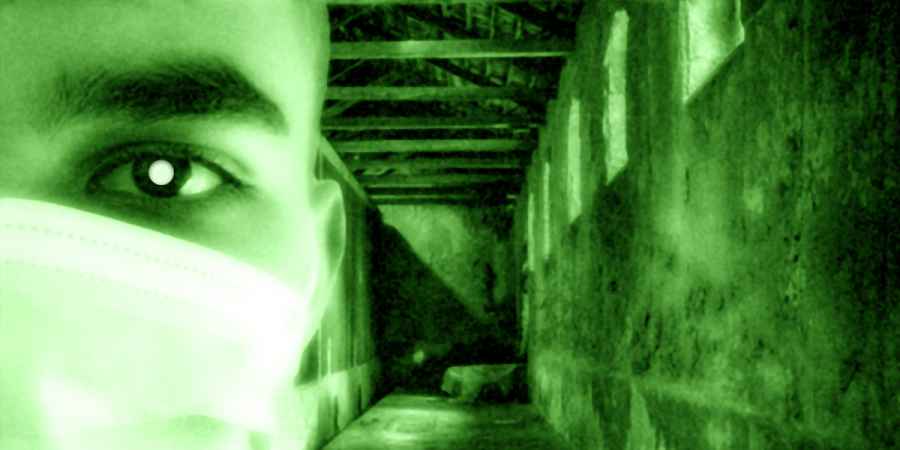
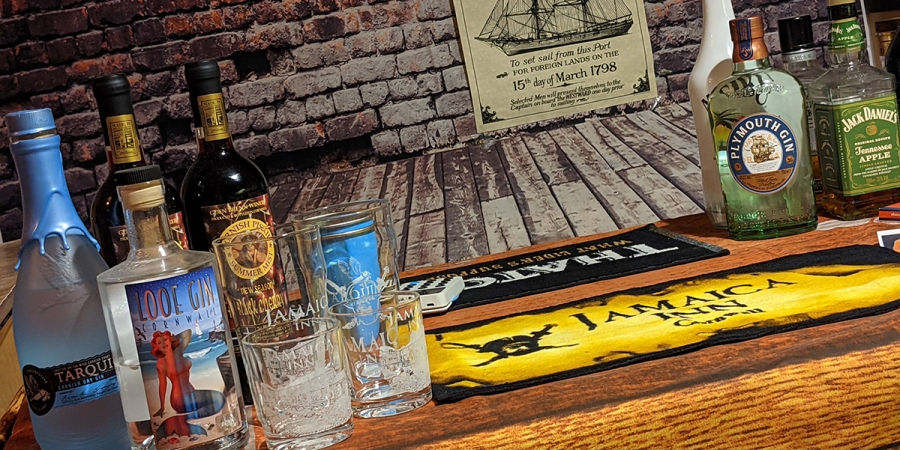


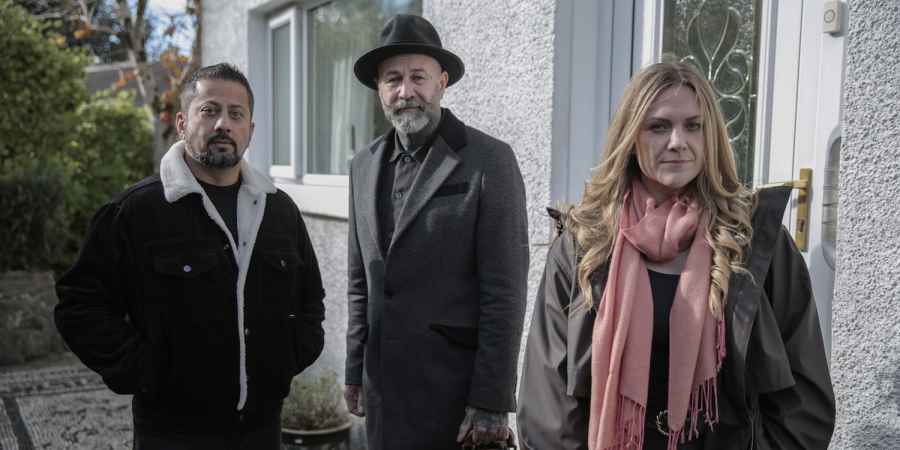
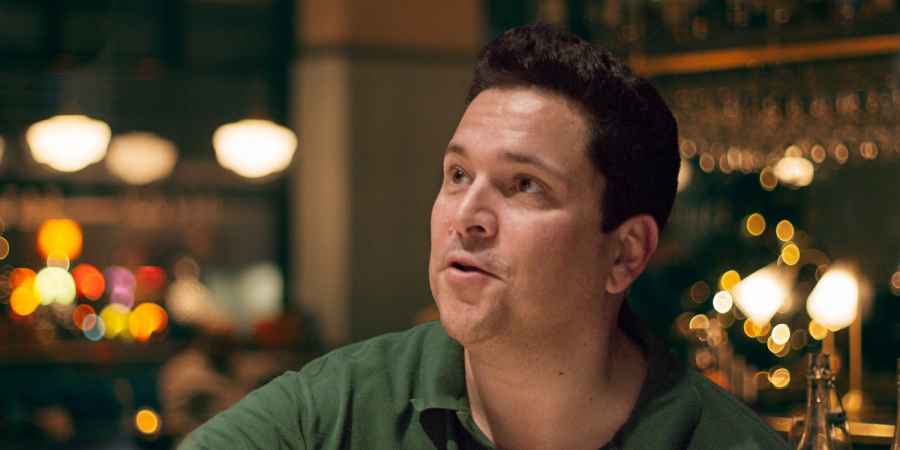

 See More on Audible
See More on Audible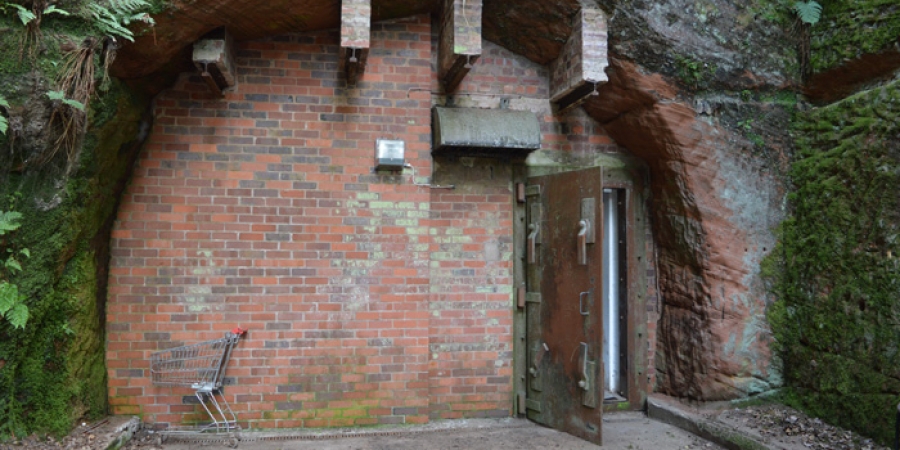
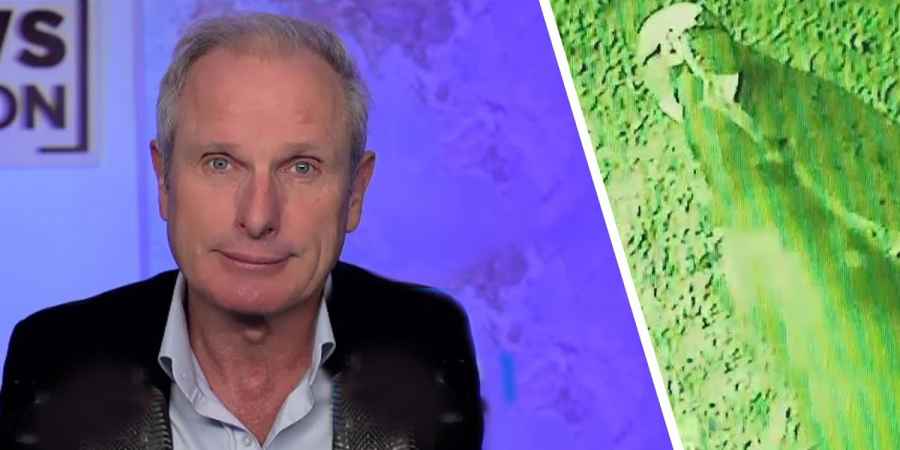

Comments
Want To Join The Conversation?
Sign in or create an account to leave a comment.
Sign In
Create Account
Account Settings
Be the first to comment.